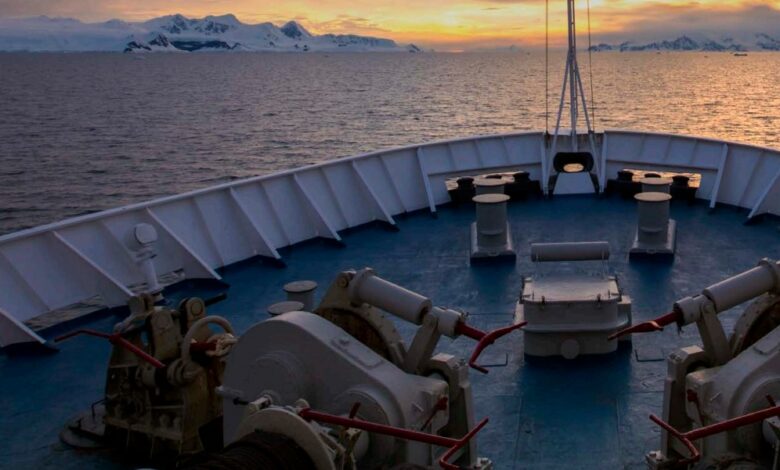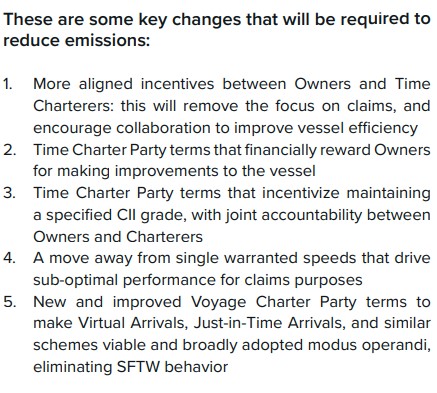BIMCO and Nautilus Labs white paper calls for revision of charter party frameworks

A new white paper from shipping association BIMCO and US maritime artificial intelligence firm Nautilus Labs is advocating for a reconsideration of ‘sail-fast-then-wait’ behavior as it lays out the potential for a 15 to 20% reduction in emissions by changing current approaches to charter party frameworks without compromising fleet capacity.
The phenomenon of sail-fast-then-wait (SFTW), in which vessels travel at high speeds to arrive as soon as possible – even if the berth is not available – in order to tender notice of readiness so that the lay-time clock starts running and demurrage charges are maximized, results in unnecessary fuel consumption and emissions, which ultimately have a negative impact on the vessel’s Carbon Intensity Indicator (CII) rating, the paper highlighted.
“This is a prime example of how the underlying principles in most standard charter party terms reward inefficiency rather than incentivise efficiency.”
According to Matt Heider, CEO of Nautilus Labs and one of the authors, with financial penalties at the center of their relationship, charter party agreements generate unbalanced incentives between owners and charterers, resulting in a zero-sum dynamic.
“Voyage charters do not incentivise optimal arrival times. Instead, they encourage sail-fast-then-wait behavior or require uneconomic static speeds. On the other hand, time charters often result in suboptimal performance: owners are not incentivised to make proactive improvements to vessel efficiency, while charterers are constrained by static speed clauses,” he said.
Using data from live charter agreements, the white paper pointed out that SFTW behavior can result in significant additional fuel usage and emissions even on a single trip.
The paper titled ‘The Wrong Speed For All The Wrong Reasons’ suggested fundamental modifications in charter party conditions to create greater alignment of incentives between owners and charterers, reducing the focus on claims and fostering collaborative approaches to vessel efficiency.
According to the authors, a new approach to charter parties and dynamic performance tables is now viable due to advances in machine learning software and high-frequency data from ships.
“Using these technologies, the shipping industry can then optimise berth planning to reimagine first-come, first-served port operations that drive operators to race to queue up for a berth.”
Savings estimated equate to around 150 to 200 m metric tonnes of emissions and tens of billions of dollars in fuel annually, which according to the authors could theoretically, take the industry halfway toward the IMO 2030 greenhouse gas target.
“In the age of decarbonisation, traditional key charter party clauses are no longer fit for purpose and need to be reviewed to address these systemic inefficiencies,” said Grant Hunter, director of standards, innovation and research at BIMCO. “By realigning incentives between owners and charterers and removing the barriers to collaboration, we can ensure we’re all on course towards a more sustainable future for the maritime industry.”

